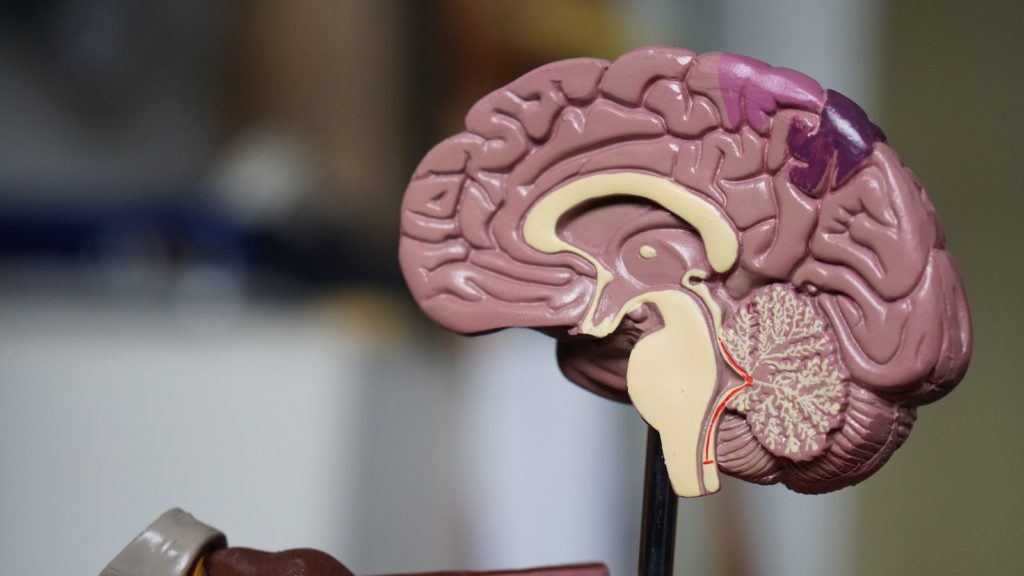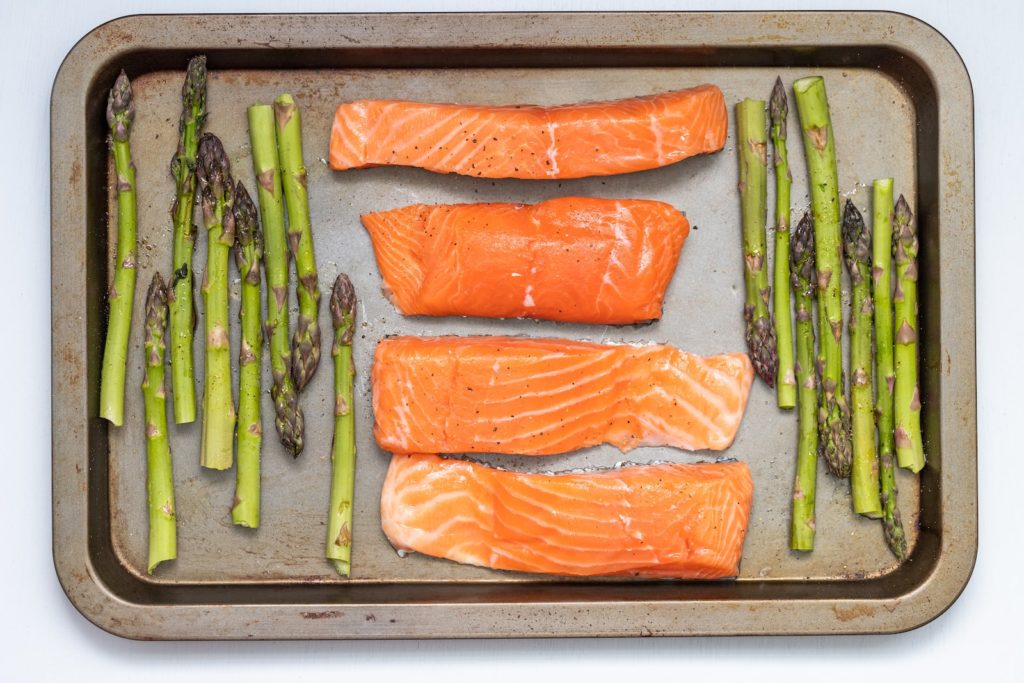The keto diet is a low-carb, high-fat eating plan that has grown in popularity over the past few years.
But, is the ketogenic diet bad for your brain?
A lot of research has explored the use of ketogenic diets as a means of treating epilepsy in minors, weight loss, and diabetes.
However, there is little research on the effects of a long-term ketogenic diet on adult brains.
In this article, I’ll discuss if a ketogenic diet is harmful or helpful to the brain.
What Is a Ketogenic Diet?
A ketogenic diet is a low-carb diet that causes your body to produce ketones—the same substances that occur in the liver after fat has been consumed. This type of diet is often used for weight loss, epilepsy, type-2 diabetes, and metabolic disorders.
A few studies have shown that following a ketogenic diet can reduce blood glucose levels and insulin requirements, improve cholesterol levels, increase antioxidant capacity in the blood, and decrease inflammation.
A ketogenic diet can also help reduce seizures in children with epilepsy.
There is also emerging evidence that following a ketogenic diet may potentially have benefits for Alzheimer’s disease, some types of cancers, and diabetes.

Can a Ketogenic Diet Help With Brain Disorders?
A number of studies have explored the use of a ketogenic diet as a treatment for epilepsy. Researchers observed that the ketogenic diet reduced the frequency of seizures in epileptic patients. However, the ketogenic diet did not seem to help with the length of time that seizures lasted.
Another study found that combining the ketogenic diet with aerobic exercise may improve brain function and reduce impairment in individuals with Parkinson’s disease.
However, a study that analyzed the data of nearly 100,000 people found that those who consumed a high-fat diet had a higher risk of developing type-2 diabetes.
Another study found that adults who consumed a high-fat diet had a higher risk of developing bipolar disorder.
However, these are people who consumed a high-fat diet, not a ketogenic diet.
Possibly, these people didn’t eat healthy fats & instead ate things like fast food and carbs, causing them to develop type-2 diabetes and bipolar disorder.
How Does Your Brain Get Energy on Keto?
Your brain gets energy on keto by using the ketones your liver produces. Your brain can use either ketones or glucose for fuel, & when glucose isn’t available on a keto diet, your brain automatically uses the ketones produced from the livers as fuel.
Your brain consumes energy from two sources on a high-carb diet, glucose, and ketones.
Some people believe you can only use glucose as fuel for the brain, but this is a common myth.
It has been shown that people who ate zero carbs & just used their ketones for energy didn’t lose any brain function.

Is Keto Bad for Your Brain?
Keto is not bad for your brain. In fact, some studies have proven that the keto diet is great for reducing certain brain conditions, like epilepsy. However, it is important to note that the research regarding the use of ketogenic diets in general brain health is limited.
Still, many experts believe that a ketogenic diet may be helpful for certain disorders.
Based on the available evidence, there do not appear to be any immediate health risks associated with following a ketogenic diet.
However, it is currently unknown if long-term ketogenic diet use may have positive effects on brain function.
In addition, it is important to note that ketogenic diets have been used in hospitals as a treatment for epilepsy.
However, these diets are only recommended for long-term use as long if you eat multiple servings of vegetables a day.
If you don’t eat multiple servings of vegetables a day, you may experience nutritional deficiencies.
Should You Be Eating a Keto Diet?
If you’re suffering from brain issues & are wondering if keto will solve the issue, give keto a shot.
Many people experience fat loss, insulin corrections, better mood, & increased energy on the keto diet.
If you do decide to start a keto diet, make sure you limit your carbs to under 50 grams a day, & then wait a couple of weeks as your mitochondria get used to it.
It only takes around three days to get into ketosis, but it takes your mitochondria around six weeks to go through their life cycle.
Stick to it & you’ll get most of the benefits after around six weeks.

Conclusion
Eating a low-carb, high-fat diet may improve certain aspects of brain function, but there isn’t a lot of research on its effects on general brain health.
However, a lot of people on the keto diet report feeling better cognitive function.
It wouldn’t hurt to give the keto diet a try & see if it improves your brain function or not.
Worse that could happen is that you come out the other side a little healthier.
If you’re interested in starting the keto diet, but you don’t know what foods to eat, here is an article I made detailing the best foods to eat on keto.
Hope this helped!
- Can You Still Lose Weight If You Aren’t in Ketosis? - February 8, 2023
- Can the Keto Diet Help With Depression? - February 8, 2023
- Why Does Processed Food Make You Fat? - January 2, 2023




